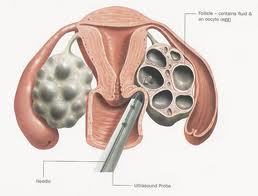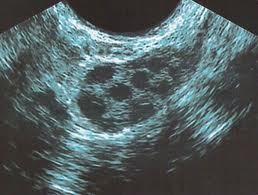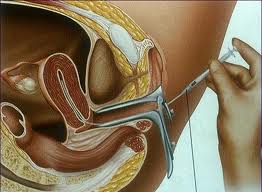Infertility is a couple’s inability to conceive a child after 12 months of unprotected sex. If you are not able to conceive after 12 months then it’s time to visit your infertility specialist.
One of the major causes of female infertility is either complete absence of ovulation or abnormal ovulation. Successful production of oocytes is influenced by numerous hormones with very delicate balances that create the woman’s normal cycle. Frequently the production of hormones is off balance, resulting in infrequent or no ovulation.
If you and your partner are considering fertility treatment, you may need to decide whether or not you would like to pursue ovulation induction. Fertility treatments are often used in combination with various drugs that are designed to help trigger ovulation. Before undergoing any type of fertility treatment, be sure to speak with your reproductive endocrinologist about ovulation induction.
Ovulation induction is a type of medical therapy often performed alongside certain fertility treatments. Typically, medications that are used to help trigger the development of egg follicles are known as ovulation inducers. Ovulation induction often triggers the development of more than one egg during ovulation.
 Ovulation Induction,Ovulation Induction Infertility Treatment India
Ovulation Induction,Ovulation Induction Infertility Treatment India
Why Induce Ovulation?
Ovulation is often induced in order to help women who cannot ovulate regularly produce an egg during their monthly cycle. Ovulation induction is also used in order to trigger the ovaries to release more than one egg during ovulation. Sometimes, inducing ovulation can allow two or three eggs to be released at once, therefore increasing your chances of pregnancy.
Who Can Benefit from Ovulation Induction?
A large percentage of women seeking fertility treatment can benefit from ovulation induction. In particular, women suffering from the following conditions may find ovulation induction particularly helpful in increasing their chances of pregnancy:
* Anovulation
* PCOS (Polycystic Ovarian Syndrome)
* Pituitary disorders
* Irregular menstruation (oligomenorrhea)
Factors Affecting Ovulation Induction:
There are certain factors that will affect the success of ovulation. Before choosing ovulation induction, your reproductive endocrinologist will evaluate:
* Your egg quality
* Your egg quantity
If the quality and quantity of your ovarian reserve is poor, ovulation induction may not be the right treatment for you.
The process of Ovulation Induction:Ovulation induction involves stimulating the ovary to produce one or more eggs. Female infertility is often a result of woman’s failure to ovulate, failure to ovulate regularly, or failure to ovulate healthy eggs. The cells around the egg that secrete female hormones into a woman’s bloodstream as the egg matures may not always function properly. Sometimes the amount of hormones secreted may not be sufficient to properly prepare the uterine lining so that it will be receptive to a fertilized egg, or embryo. This can result in repeated pregnancy loss. Ovulation induction is often used to correct this cause of infertility when other reasons for recurrent miscarriage are not identified.
Ovulation induction is also used in circumstances where the exact cause of infertility is not known. Endometriosis-associated infertility, not associated with anatomical damage to the fallopian tubes or surrounding structures, can also treated by ovulation induction. In such cases, the woman uses ovulation inducing agents to “super ovulate” the ovaries, or cause multiple eggs to mature, instead of the one egg that usually matures per menstrual cycle. By combining super ovulation with Intrauterine Insemination (IUI) timed to coincide with ovulation, the sperm are given more “targets.” It is hoped that pregnancy will result because multiple, mature, and, perhaps, healthier eggs are available after superovulation. Though superovulation combined with timed intrauterine insemination does not guarantee that a woman with unexplained, mild male factor, or endometriosis-associated infertility will conceive in a given treatment cycle, the chance for pregnancy to occur is higher than the infertile woman’s background rate of conception.
Failure to have any ovulatory cycles (anovulation) or to have only very irregular ovulatory cycles (oligoovulation) are among the most common causes of infertility. The causes of these types of disorders are quite diverse, and may include problems with the central nervous system or pituitary gland, problems within the developing follicles or ovary, or both. Polycystic Ovary Syndrome is the diagnosis for the vast majority of women who fail to ovulate regularly. Central nervous system problems, thyroid problems, and premature ovarian failure are first ruled out with blood tests. These women usually have plenty of egg-containing follicles in their ovaries, but for hormonal reasons, are unable to release eggs on a regular basis.
Contact us to know Ways to overcome infertility and start Creating your family today by contacting at Rotunda-The Center for Human Reproduction or simply log on at www.wewantababy.com www.rotundaivf.com
Just email at iwannagetpregnant9@gmail.com
call on +91 22 2655 2000



 Comments (
Comments ( Category (
Category ( Views (
Views (